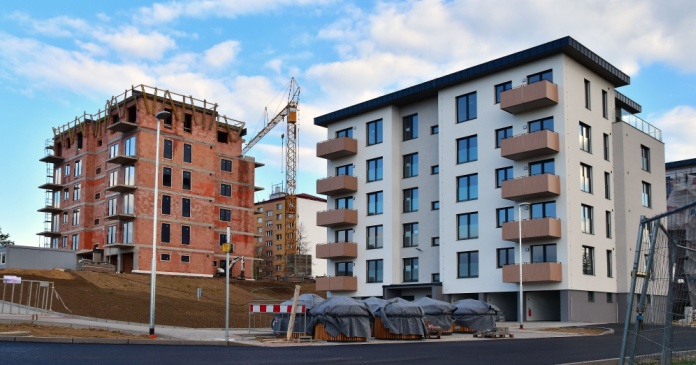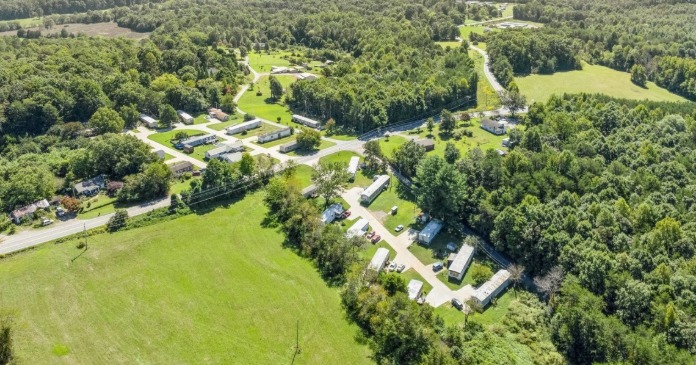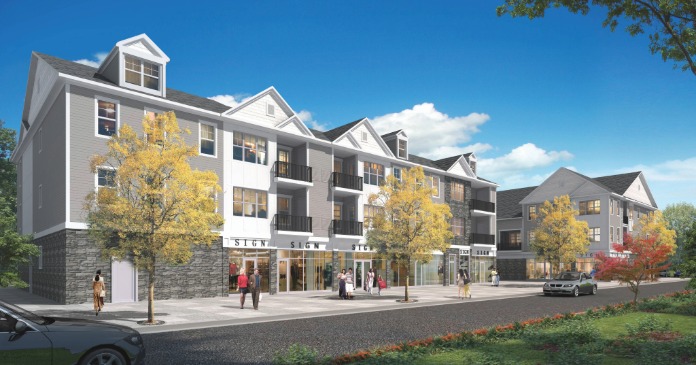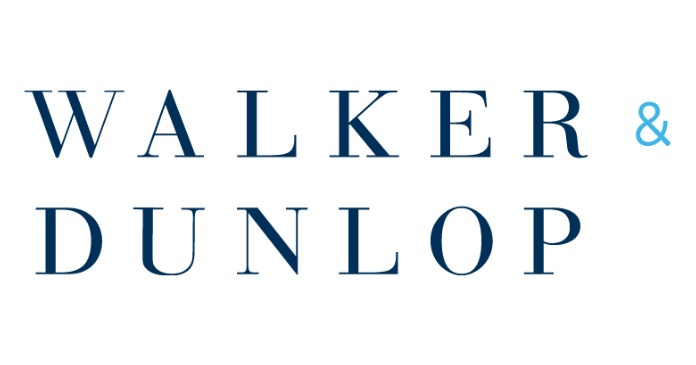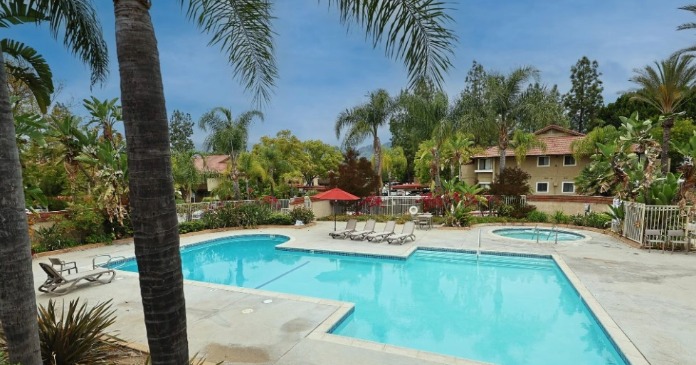Have you noticed how some industries or business categories seem to attract innovation like a magnet?
Take the auto industry, where Elon Musk’s Tesla is the most widely known brand among dozens of automakers trying to score breakthroughs that will ween the world off the internal combustion engine. Or take aviation where upstarts like Joby, Lilium, Volocopter, Wisk and Archer are challenging the likes of big names like Airbus and Bell, leading groups trying to revolutionize urban transportation with small electric vertical takeoff and landing aircraft.
Yet other industries, it seems, appear content to fall behind in the development, adaptation and adoption of new technologies. I would argue that multifamily property management is near the top (or rather the bottom) of that list, having introduced little in the way of innovation over the last 20 years.
I estimate that 90 percent of the technology today’s multifamily operators rely on dates back to the 1990s or early 2000s. In short, I’ve found that what technology is in place today tends to be old, increasingly unreliable, stand-alone hardware and software that can’t easily be integrated with new systems.
The technology world is exploding with new and relatively inexpensive offerings that could easily be applied to multifamily property management. Technology innovation can make properties more attractive to and comfortable for residents while making them less costly to maintain, ensuring higher occupancy and making them more profitable for the owners and operators.
Why the hesitation? I’ve helped transform apartment complexes and worked on new technology, and I think what’s holding us back is more a cultural problem than a lack of available technology.
Large multifamily property owners reluctant to innovate
I’ve noticed a hesitancy to innovate in multifamily property management. Few big conglomerates in multifamily housing want the financial risk of investing in technological innovation, even if their residents increasingly demand it. Many midsize and smaller companies are so focused on making payments on their debt that they’re reluctant to spend money on anything they see as unnecessary.
What little technological innovation is happening in the multifamily space is often being done by smaller or newer operators, even when they have fewer funds to do so. They’re the ones who are willing to invest in innovations that will make their properties stand out and become financially successful faster. If you think about it, that makes sense. It’s the pattern being followed now by many other sectors.
As these newer, more innovative operators find success enhancing their reputations and market values by using technology, they tend to get bought out by their larger competitors. And so, we come full circle.
Giant software vendors don’t feel need to innovate
It isn’t just the property owners who keep multifamily from innovating. I’ve observed it’s software vendors as well.
Having been in this industry for 30 years, I’d say 75 percent of the property management software business flows through a handful of mega-vendors. These big players have little incentive to update their software as fast as they could. When a grassroots innovator pops up to challenge the status quo, the big guys often buy them out—supposedly to incorporate the new technology into their existing offerings. (Even the mega-vendors aren’t safe, as venture capitalists buy them up and gut them to position them for another sale.)
Integrating cutting-edge technology into fragile, decades-old software systems isn’t for the faint of heart. Rather than spending the time and resources required—not to mention braving the risk of breaking their existing software—vendors let their newly acquired innovation die. Even if it does see the light of day, the technology is often less spectacular than if the dominant vendors hadn’t absorbed it.
After all, if you already own a sizable chunk of the market, why bother? That’s the big reason the pace of multifamily property management innovation is so slow.
It’s time to invite the innovators to the multifamily party
Apartment ownership and management have been on a successful ride since the recession in 2008–2009. Rent growth is through the roof. You have to try hard not to succeed in multifamily real estate today. Why invest in technological when the industry’s doing fine? Because there will come a day when the string of success will run out.
Wouldn’t it be better to invest in new technologies while the coffers are flush? Why not develop new systems to provide automation that benefit both multifamily operators and their residents? Why not act now to access, analyze and monetize the vast treasure of data that property management companies have about their residents? And why not harness IoT devices to deliver an exceptional resident experience while gathering more operational data to reduce utility and maintenance costs?
Innovation doesn’t happen overnight but we can attack the cultural inertia that’s preventing innovation from flourishing. We can:
Insist the giant vendors modernize. Visit them at trade shows and other events and point out there are other vendor options emerging.
Support innovators. Disruptors don’t have every answer today, so work with them to encourage development of tech that works with and fills the gaps in existing solutions.
Start embracing change now. Current and future residents (not to mention employees) want signs of action now. Don’t be afraid to incorporate innovation that’s available today, even if the wheel is still being reinvented.
Prepare for the future. Set aside budget for new technology each year. Select tech that doesn’t require a whole tech team to support it.
Where is an Elon Musk when the multifamily industry needs him? We may be a little behind, but it’s never too late to innovate. Many of the technologies we need already exist, or they are in the process of being built. In my view, we can no longer afford to let giant vendors continue standing in the way. It’s time we invite the true innovators to the party.
Excerpt Dave Marcinkowski is a founder/partner in Madera Residential and Quext.









